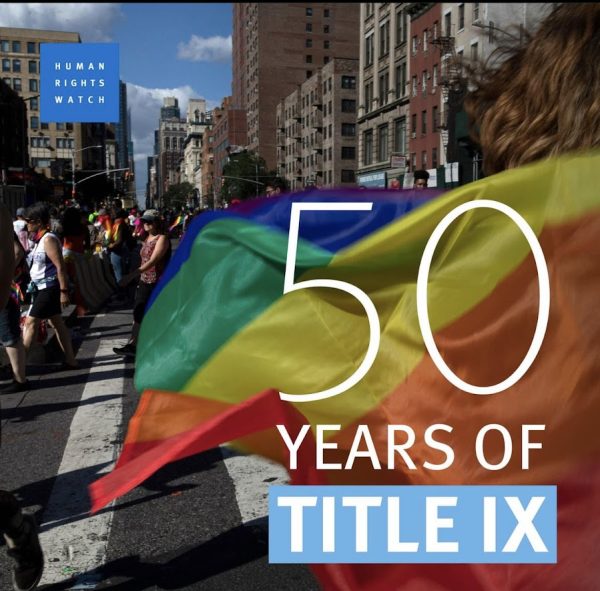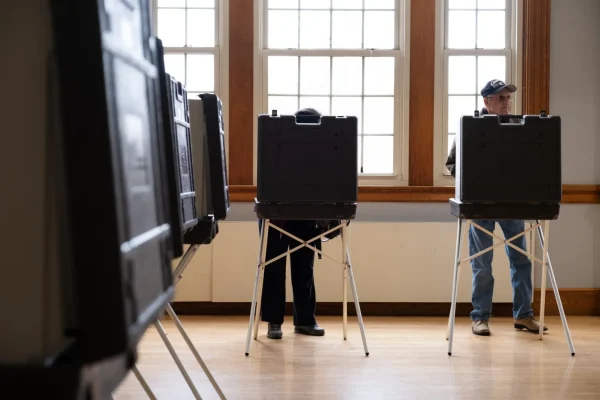Chauvin conviction marks continuation of movement, not end
Nearly 11 months after kneeling on the neck of George Floyd for over nine minutes, ex-Minneapolis police officer Derek Chauvin was found guilty on charges of second-degree murder, third-degree murder and second-degree manslaughter. He now faces up to 40 years in prison.
Chauvin becomes one of a few officers that have been convicted of killing people while on duty. Between 2013 and 2019, there were 7,666 police officers who killed people, with 99 being charged with any crime. Of those 99, only 25 were convicted, according to The Guardian.
The conviction serves as a victory for civil rights activists who are calling for reform of the criminal justice system. The verdict sparked emotional celebrations across the U.S. from communities that view the outcome as a step in the right direction.
Floyd’s family and legal team have called the conviction a historic moment showing how justice is offered to all Americans.
“This is a victory for those who champion humanity over inhumanity, those who champion justice over injustice, those who champion morals over immorality,” said Ben Crump, civil rights attorney and representative of the Floyd family.
However, it is being considered as a small step towards reforming the justice system. That is especially the case as a series of multiple officer-involved shootings have sparked more public outrage. The most notable of these was the April 11 shooting of Daunte Wright, who was killed by police during a traffic stop just 10 miles from where Floyd died.
13-year-old Adam Toledo was also shot by a Chicago police officer after a short foot chase. The case sparked anger among supporters of the Black Lives Matter movement after body camera footage showed Toledo dropping a handgun just before being shot.
While Chauvin’s conviction provides a high-profile precedent for officer accountability, these recent shootings highlight that the Black Lives Matter movement is not over. Focus now shifts to the federal government to see what change follows the case’s outcome.
President Joseph R. Biden was vocal in his support of Floyd, his family and the movement to address police brutality after the verdict was announced.
“’I can’t breathe.’ Those were George Floyd’s last words,” Biden said. “We can’t let those words die with him. We have to keep hearing those words. We must not turn away. We can’t turn away.”
The president called on Congress to act quickly on approving a bill named for Floyd. The bill offers an overhaul on federal policing that would address racial discrimination and use of force among law enforcement. However, it would likely not pass through the Senate as Republican opposition would not allow for passage. If Senate Democrats elect to remove the filibuster, then a majority would be needed to pass the bill and begin implementing the policy reforms.
While the outcome of Chauvin’s trial was significant, it is just the start of the movement’s next phase. It represents a moment of rejoicing that names such as Trayvon Martin, Michael Brown, Freddie Gray, Tamir Rice, Breonna Taylor, Philando Castile and many more have not been forgotten. Though justice remains pervasive, the Black Lives Matter movement now has a true legal victory as they look to propel more change.





